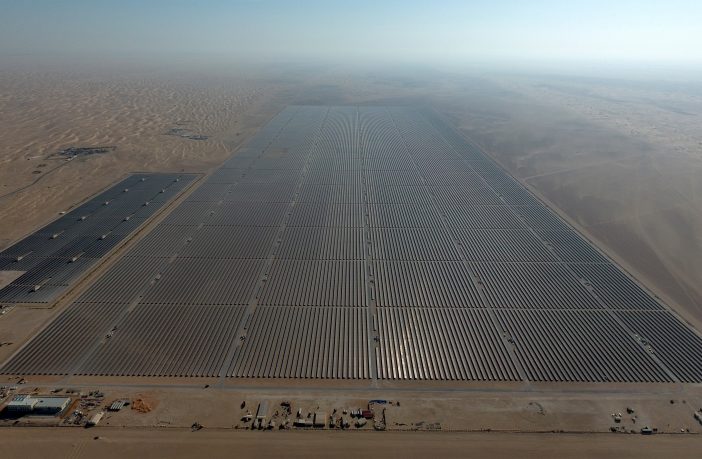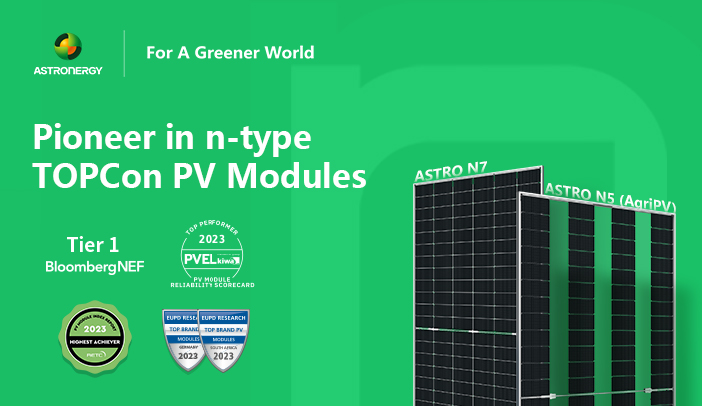- With an overall investment cost of US$182 million, the Kom Ombo plant is expected to be commercially operational in January 2024.
Financing institutions for this project include the European Bank for Reconstruction and Development (EBRD), OPEC Fund for International Development (the OPEC Fund), African Development Bank (AfDB), AfDB’s Sustainable Energy Fund for Africa (SEFA), Green Climate Fund (GCF), Arab Petroleum Investments Corporation (APICORP) and Arab Bank.
A financial package of US$123 million for the project was previously announced in April 2023. The package comprised of loans of up to US$ 35.6 million from the EBRD, US$ 14.4 million from the OPEC Fund, US$ 14.4 million from the AfDB, US$ 34.1 million from the GCF, US$ 14.4 million from Arab Bank and US$ 10 million from the SEFA under the COVID-19 IPP relief programme. The project already has equity bridge loans of US$ 14 million from the EBRD and US$ 45 million from APICORP.
Once fully functional, the new utility-scale plant will serve 130,000 households, contributing to the Egyptian government’s target to generate 42 per cent of the country’s electricity from renewable energy sources by 2035 while delivering one of the lowest generation tariffs in Africa.
Author: Bryan Groenendaal
















